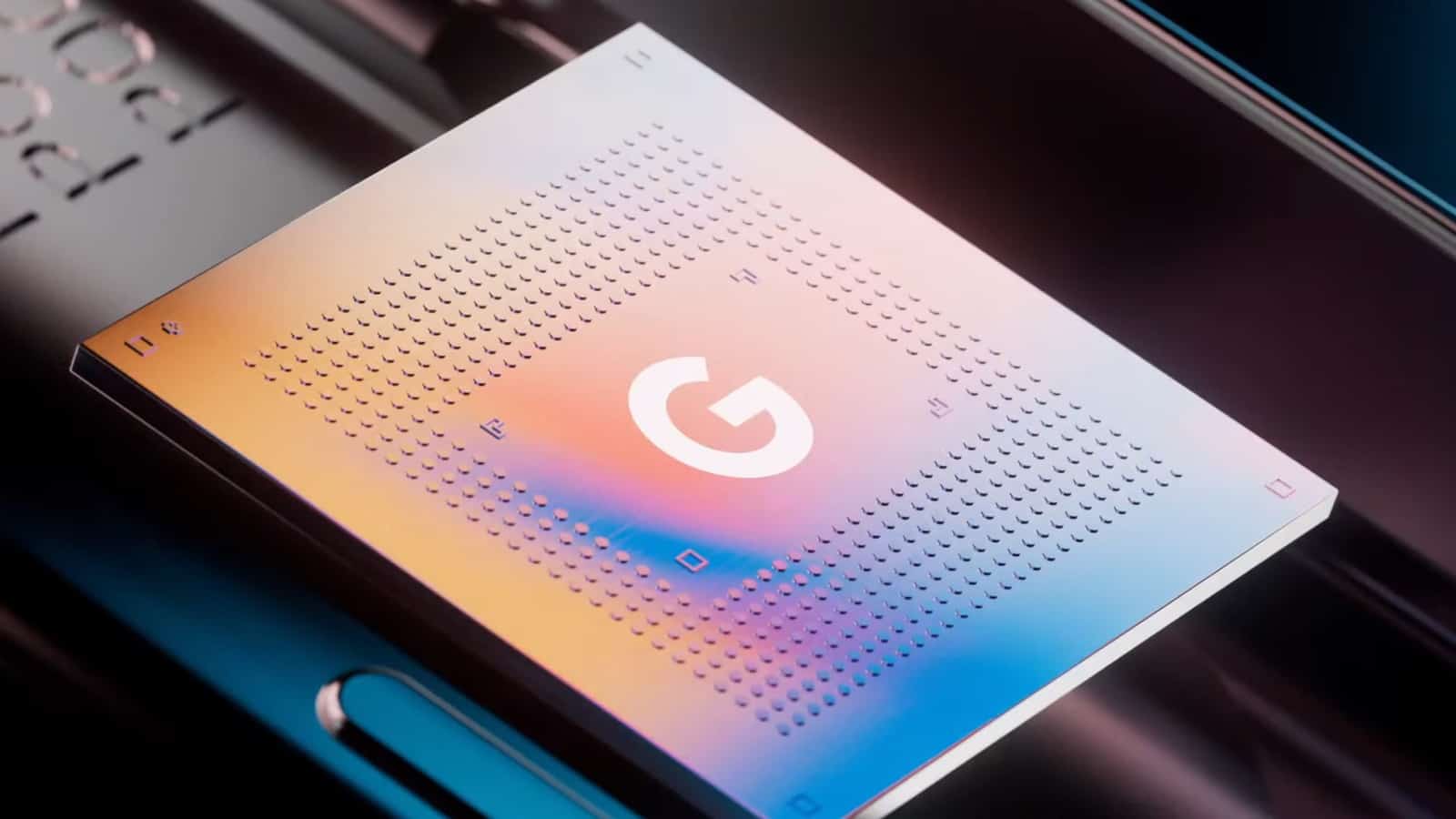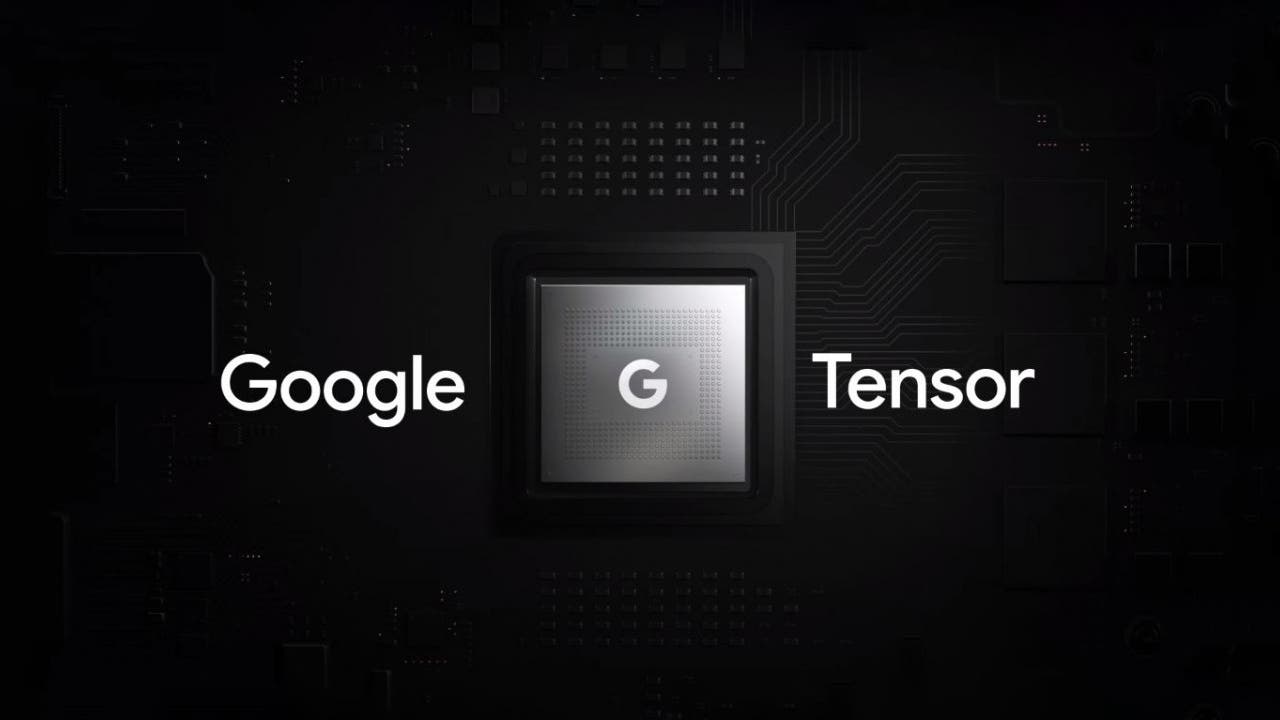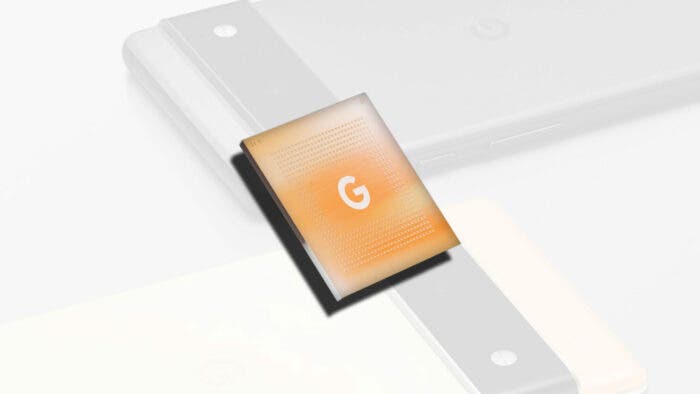According to documents published by the Federal Court of Massachusetts, a patent lawsuit regarding Google Tensor chip infringement has been settled. Google was dragged to court by Singular Computing claiming that the Tensor chip infringed its patent.

Background
On January 1oth, Singular Computing sued Google, accusing the company’s AI processor of infringing on two of its technology patents. The suit was seeking a claim of $7 billion in compensation. During the court hearing, the claim was revised to $1.67 billion. The plaintiff in the lawsuit, Joseph Bates, a computer scientist at Singular Computing, told jurors that Google copied his technology and used it to develop AI. Kerry Timbers, an attorney representing Bates, said that between 2010 and 2014, Google and Bates discussed the prospect of cooperation. Bates also discussed how his AI support chip could drive an AI deal.
Bates accused Google of copying his innovation and using it in its tensor processing unit (TPU). Timbers said that Google has developed TPU based on its technological achievements and is used in various services including Google Translate, Google Search, Gmail and other services.
TPUs are mainly used in consumer-facing devices such as laptops or smartphones, and Google also uses them in its infrastructure. These processors can provide powerful computing power to run the AI and ML algorithms required for the above-mentioned AI services.
The lawyer showed an internal email exchange at Google in which current chief scientist Jeff Dean called Bates’s idea “a perfect fit” for developing AI at Google. Timbers further added that Google launched the first generation of AI processors in 2016, capable of ad recommendations, content generation and speech recognition. However, Versions 2 and 3 infringed Singular Computing’s patent rights, and therefore the lawsuit should proceed to trial.
Google lawyer Robert Van Nest said in his defence that Bates was a “disillusioned inventor.” He reportedly shared his idea with Meta Platforms ChatGPT, Amazon.com Inc. and Microsoft Corp., but without success. At the time, Google asked the U.S. appeals court to dismiss the lawsuit.

Response from Google & Singular Computing
Spokespersons for Google and Singular Computing said the parties had settled. This means that both parties will now settle the issue out of court. However, both spokespersons did not reveal the details of the settlement.
Google spokesman Jose Castaneda said the company did not infringe Singular’s patents and was “pleased to have resolved this issue.”
Internal emails cited in the opening statement of the trial on January 9 show that Google’s current chief scientist Jeff Dean wrote to others that Bates’s idea may be “a good fit” for the work Google is doing.
Google countered that the employees who designed the chip had never met Bates and that they created the chip independently. The company says its technology is fundamentally different from that described in Singular’s patent.
Final Words
The patent lawsuit between Singular Computing and Google over alleged Google Tensor chip infringement has been settled. This was revealed in documents from the Federal Court of Massachusetts. The lawsuit, initially seeking $7 billion, contended that Google utilized technology from Singular Computing’s Joseph Bates for its AI processor. While specific settlement details remain confidential, both parties express contentment with the resolution. This conclusion brings closure to a legal battle that scrutinized the intricacies of AI innovation, with Google maintaining its independent development of the Tensor processing unit.





